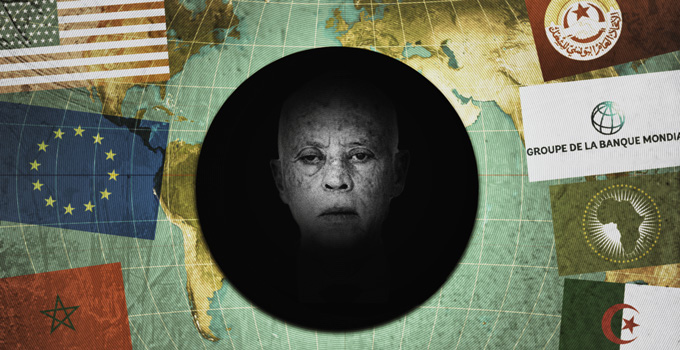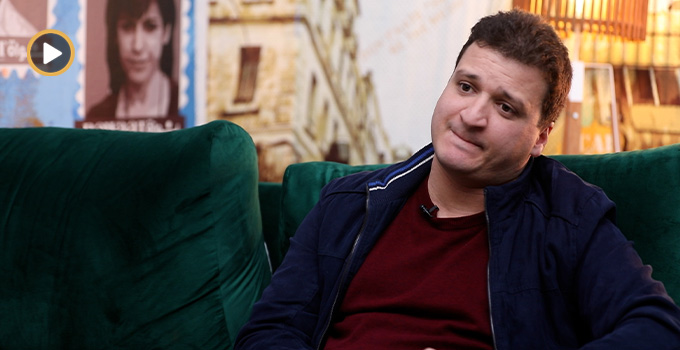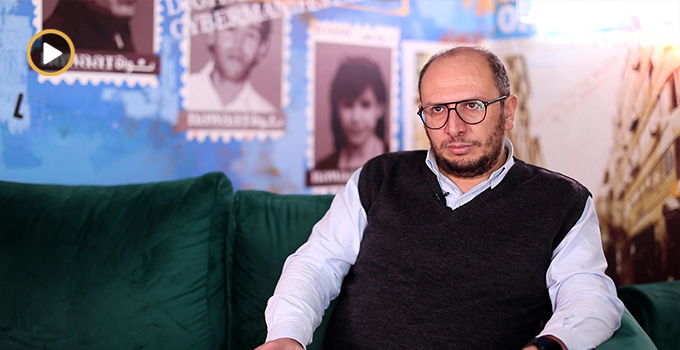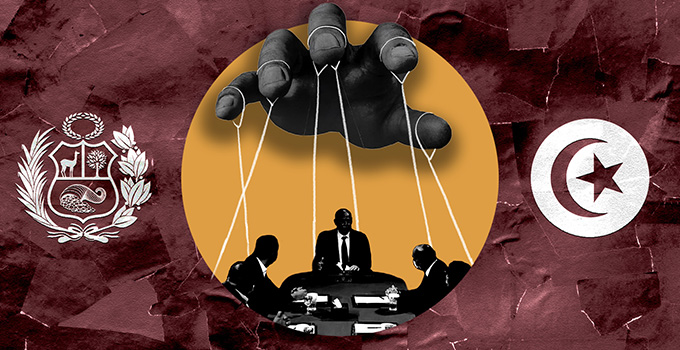« Very serious » were the words that High Representative of the European Union for Foreign Affairs and Security Policy Josep Borrell used to describe the situation in Tunisia. Following the Foreign Affairs Council meeting on March 20, Borrell further stated that « The European Union is concerned about the deterioration of the economic and political situation in Tunisia, and fears the country’s collapse ». The representative’s remarks were characterized as « exaggerated » by Tunisia’s minister of foreign affairs the following day. A bumpy start to the week for Tunisia on the tail of another marked by tensions with Libya.
Tensions with Libya and African institutions
During a visit to the Tunisian Company of Petroleum Activities (ETAP) on March 16, Saied declared that « Tunisia has only received crumbs from the Bouri field ». He added that « the intention was to split this field in 1975 between Tunisia and Libya. Which could have met all of Tunisia’s needs if not more ». And yet the dispute around this oil field off the Tunisian and Libyan coasts—which was ultimately brought before the International Court of Justice in 1982—was settled in Tripoli’s favor. The president’s remarks therefore prompted a strong reaction from Libya, whose ministry of oil and gas stated that Saied was « mistaken » and accordingly recalled the historical facts. The president of Libya’s parliamentary energy commission, Aissa Aribi, asserted that « Libya’s riches belong to the Libyan people ».
On Monday, March 6, the World Bank announced that it was suspending discussions with Tunisia in the scope of its Country Partnership Framework for the medium-term (2023-2027). The announcement followed president Saied’s comments on February 21 concerning sub-Saharan migrants and the ensuing campaign of racist violence. Ten days prior to the World Bank’s statement, the chairperson of the African Union Commission strongly condemned the president’s remarks. Guinea, Ivory Coast and Mali subsequently hurried to organize the repatriation of their nationals. Campaigns boycotting Tunisian products were launched in Senegal, while in Guinea import businesses decided to suspend trade operations with Tunisia.
This is not the first setback that Tunisia has witnessed in the face of a continental jury. On September 22, 2022, the African Court on Human and People’s Rights called upon Tunisia to abrogate the extremely controversial Decree 117 attributing full power to Kais Saied. As usual, the president did not do his homework. In fact, Saied only made things worse for himself when, on May 30, 2022, he declared the members of the Venice Commission personae non gratae in Tunisia. The prompt for this decision was a report published on May 27 by this consultative body of the European Council pertaining to constitutional issues. In its analysis, the Venice Commission pointed out the incongruity of announcing a referendum date prior to publishing the draft of the new constitution. The Commission also criticized the government’s failure to establish clear rules in advance of the referendum.
Expulsions and personae non gratae
Saied is rather talented when it comes to self-isolation. On February 18, he declared Esther Lynch, General Secretary of the European Trade Union Confederation, persona non grata. On March 2, Marco Perez Molina, in charge of Africa-Asia cooperation within the CEC UGT Spain, was denied entry into the country at the Tunis-Carthage airport. Fourteen other representatives of international union organizations were prevented from coming to express their solidarity with the UGTT in its mobilization against the president’s policies. According to UGTT Spokesman Sami Tahri, the government—via Minister of Social Affairs Malek Zahi—notified the UGTT that these union officials were prohibited from entering Tunisia. Expulsions are also becoming commonplace. On January 19, Hicham Alaoui, a Harvard researcher and dissident Moroccan prince, was expelled from the country where he had arrived to speak at a conference hosted by the Arabic edition of Monde diplomatique. Yet another vivid example of Saied’s authoritarianism, cloaked in nationalistic garb.
Diplomatic erosion
To the west, diplomatic tensions with Algeria. To the east, Libya is building itself alone, with little participation from its Tunisian neighbor, even in the peacemaking efforts that have followed periods of turbulence. Relations with Morocco remain strained since the crisis that erupted at the end of August. France is growing increasingly distant. The European Union for its part « is following recent developments in Tunisia with concern », according to High Representative of the European Union for Foreign Affairs and Security Policy Josep Borrell on January 23. The non-deployment of an election observation mission for legislative elections offers a likely explanation for Europe’s unease. The United States is openly critical. The newly appointed American ambassador to Tunisia, Joey R. Hood, who took office on July 27, announced among his priorities « a swift return to democratic governance ». Clearly, we remain far from that mark.
Alone at Carthage
Kais Saied has grown increasingly isolated at Carthage. During the course of his diplomatic misadventures, he lost one of his few enduring collaborators: Minister of Foreign Affairs Othman Jerandi who served from September 2020 to February 2023 in spite of the numerous resignations and dismissalsin his department. Some of the president’s allies in the drafting of the new constitution, including constitutionalists Mohamed Amine Mahfoudh and Sadok Belaid, ultimately withdrew their support for Saied.
The president also has lost the support of all political parties initially in favor of his power grab on July 25. These included the most critical of allies to those who maintained a wait-and-see stance, with the exception of the People’s Movement. This break with political parties seems to have been consummated by the UGTT which succeeded in carrying out its regional mobilizations and unifying march on Saturday, March 4. There is, it would appear, only one hope left to Kais Saied: the possibility that the new parliament’s (individually elected) deputies might organize themselves into blocs capable of providing him with some much needed political support.




 This search is powered By Nawaat experimental generative artificial intelligence. Begin typing your search or question above then press return. Press Esc to cancel.
This search is powered By Nawaat experimental generative artificial intelligence. Begin typing your search or question above then press return. Press Esc to cancel.
iThere are no comments
Add yours